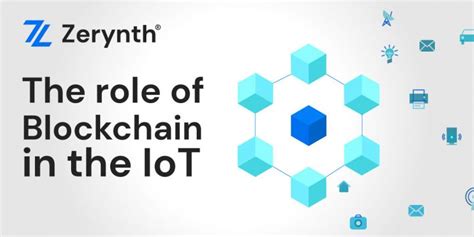Blockchain role for safe P2P transactions
Peer-to-peer (P2P) transactions have long been the basis of online communities, allowing individuals to exchange goods and services directly without the need for intermediaries. However, traditional P2P systems often face significant safety risks, especially as regards decentralized networks. In this article, we will examine the role of blockchain in providing P2P transactions.
What is blockchain?
Blockchain is a decentralized digital book that records transactions in several nodes in the network. It is the basic technology behind cryptomes such as bitcoins and ethereum, but its use exceeds far beyond financial transactions. With blockchain, all transactions are recorded in a public, transparent book (hereinafter referred to as “blockchain”), which may be unauthorized and unchanged.
Why the blockchain is decisive for P2P transactions
Traditional P2P networks often rely on central organs or intermediaries to facilitate transactions that inherently introduce security risks. For example::
* centralized risk : When one entity controls the network, it becomes vulnerable to attacks, hacking and manipulation.
* Lack of trust : Without a trusted intermediary, users can hesitate to involve P2P transactions and fear that their funds or data will be endangered.
Decentralized natural and safety features of Blockchain make it the ideal solution to ensure P2P transactions. Here are several ways to block the security of online communities:
* Unimaginable records : The Blockchain book ensures that all transactions are permanent, unauthorized and difficult to change.
* Implementation of intelligent contracts : Blockchain intelligent contracts can automate comprehensive transactions, eliminate the need for intermediaries and reduce the risk of errors or manipulation.
* Consensation mechanisms
: Decentralized consensual algorithms (eg evidence of work or proof of it) ensure that all nodes in the network match the book status, preventing manipulation with a single entity in handling records.
Use Cases in Secured P2P transactions
The benefits of blockchain extend to various cases of use when decentralized networks are needed:
* Decentralized financing (Defi) : Blockchain-based credit platforms and decentralized exchanges (DEXS) allow peer-to-peer transactions without intermediaries.
* Playing : Online gaming communities can use blockchain -based solutions for safe, decentralized transactions and ownership transfer.
* The supply chain management : Intelligent blockchain contracts ensure that the goods are transferred and paid safely, eliminating intermediaries.
Calls and Restrictions
While blockchain offers many benefits for P2P transactions, there are still challenges that need to be overcome:
* scalability : The current state of blockchain technology is not yet sufficiently scalable to handle a huge amount of data and transactions.
* Interoperability : Different blockchains have different consensual algorithms, making it difficult to permit trouble -free communication between nodes.
Conclusion

Blockchain has the potential to revolutionize P2P transactions by providing a safe, decentralized and transparent book for all users. Thanks to its advantages in the implementation of an intelligent contract, immutability and consensus mechanisms, blockchain is suitable for providing online communities. Since this technology is constantly evolving, we can expect even more innovative Blockchain applications to ensure P2P transactions.
future instructions
Scientists are exploring new blockchain architectures to solve problems with scalability and interoperability restrictions, for example:
* Sharded blockchain : Division of blockchain into smaller shards to improve scalability.

